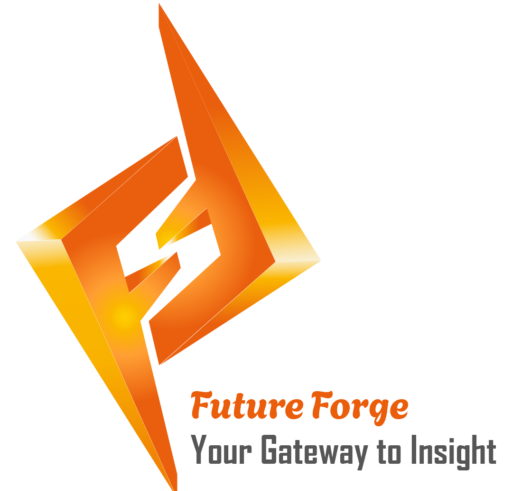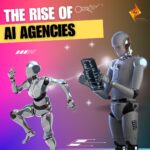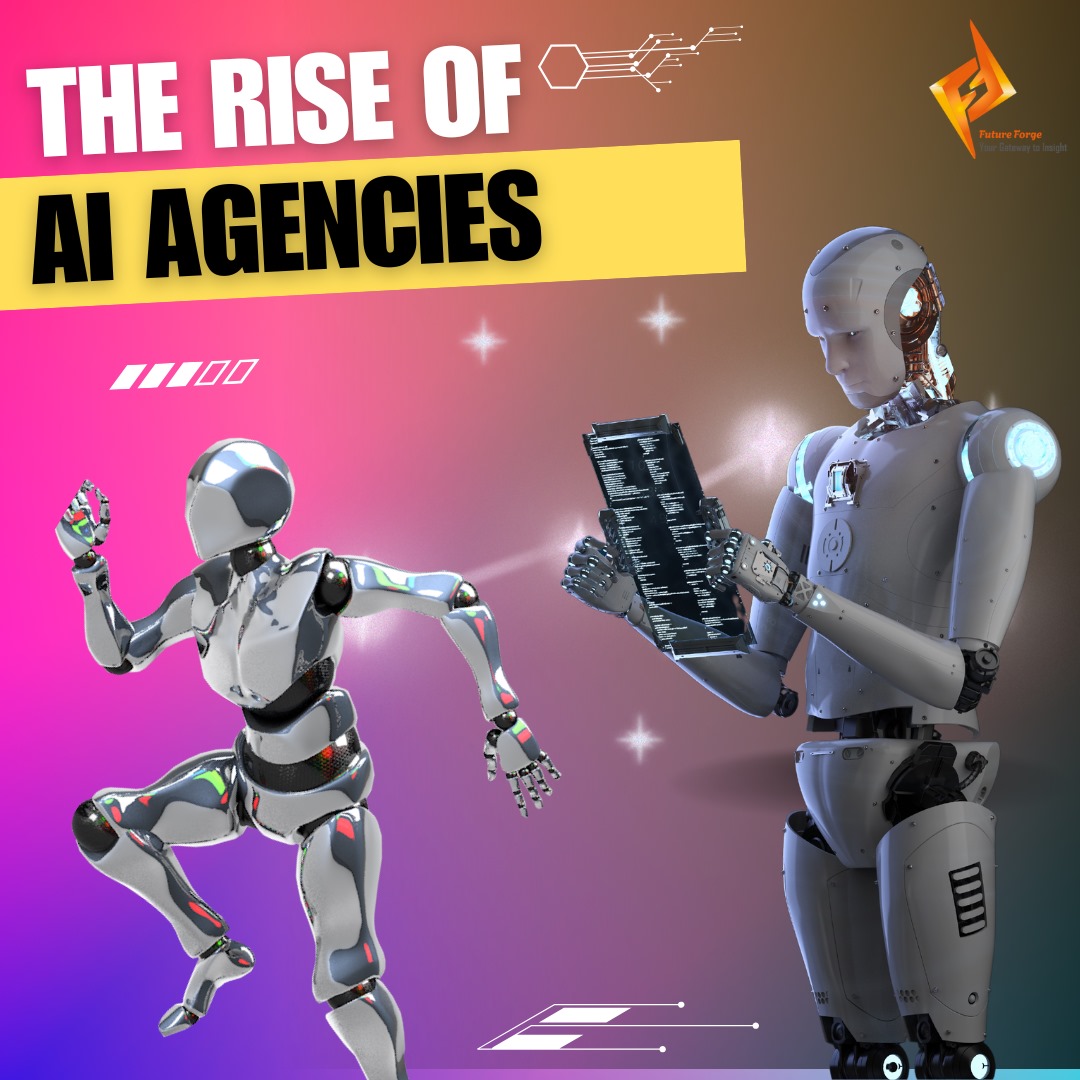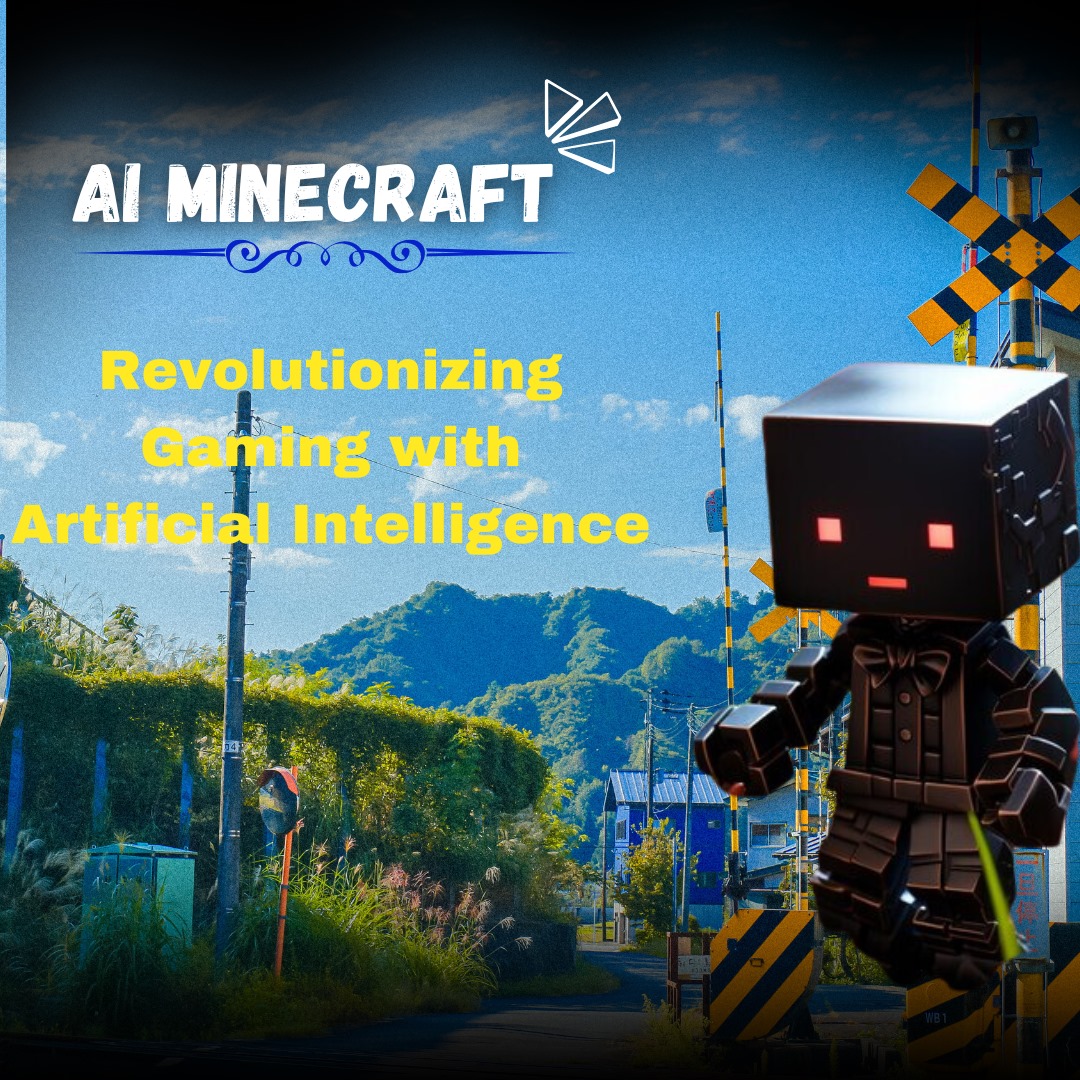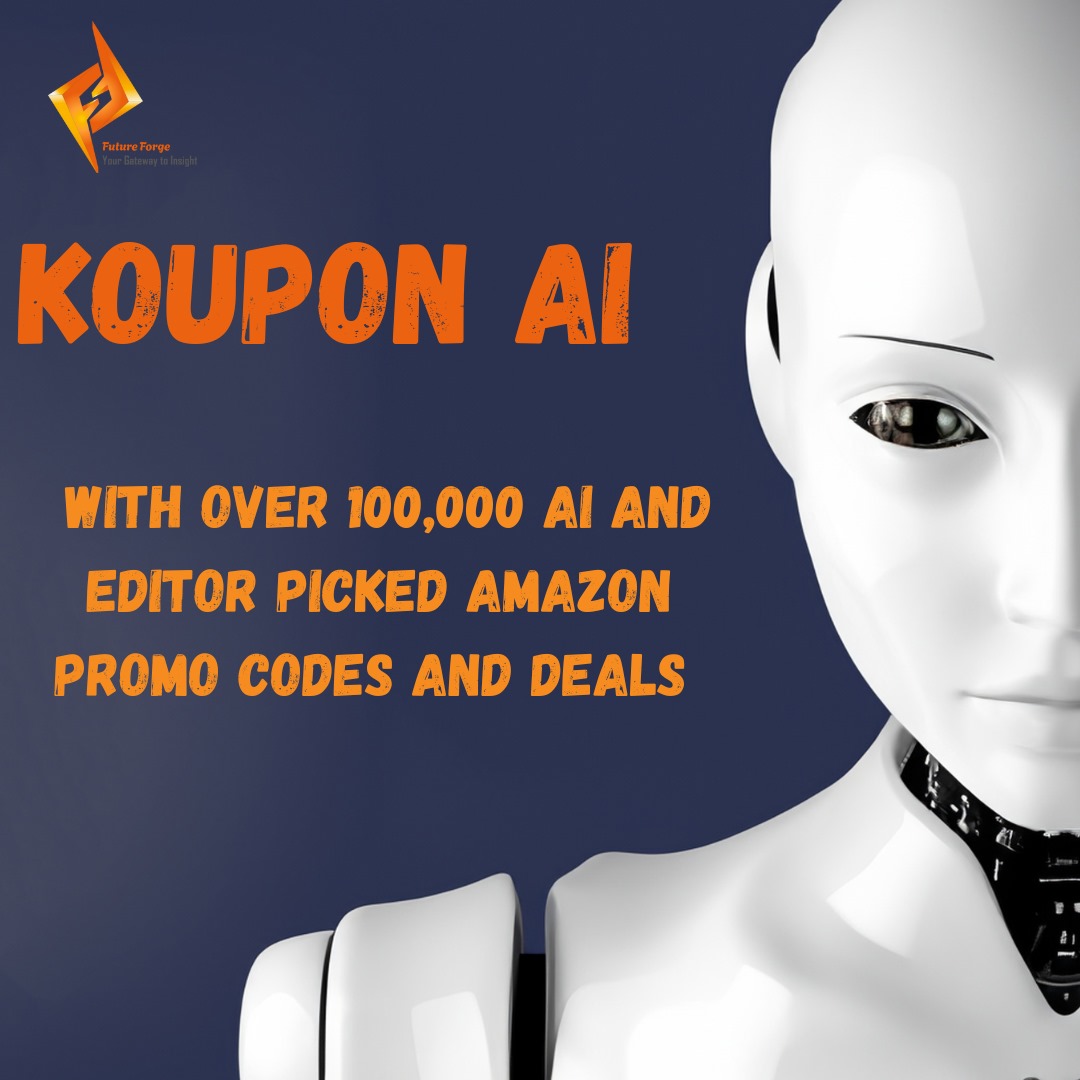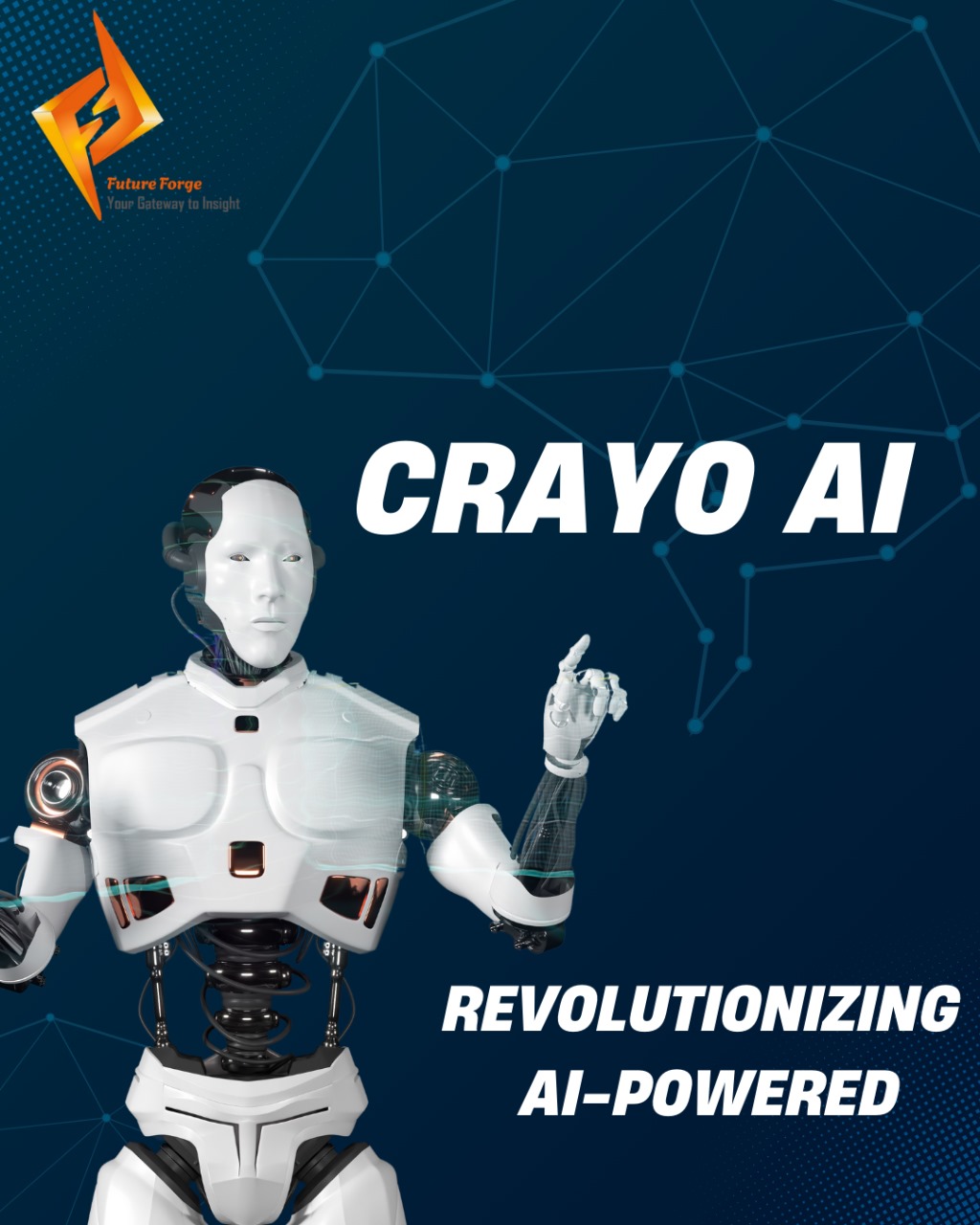An AI agency is a specialized firm that provides automation, data analysis, and machine learning solutions to businesses via artificial intelligence technologies. Such agencies help organizations optimize their operations, improve decision-making, and build intelligent digital solutions according to their requirements.
How AI Agencies Operate
AI agencies enable businesses to harness the power of artificial intelligence for efficient functioning, optimal decision-making, and innovation. It typically starts with a structured approach to bring in AI solutions to an organization; their early activities are to undertake evaluation of the present processes of the company vis-à-vis the identification of opportunities for AI-driven improvement. These are usually at the service of organizations in varied applications ranging from strategic planning to machine learning solutions and automation or even AI-powered marketing.
AI Strategy Development
Implementation of an AI strategy is usually the first step undertaken by an AI agency after assessing the unique requirements of a company. The steps herein usually involve:
- Looking through business objectives to determine how AI may fit in with long-term aspirations.
- Identifying potential AI use cases such as operations, customer service, marketing, etc.
- Conducting stepwise planning for AI implementation, ensuring that it becomes integrated smoothly with existing workflows.
- Assessing ethics and evaluation of compliance with data protection laws such as GDPR and CCPA.
A concrete AI strategy ensures that companies implement AI solutions that generate measurable value with low risk.
Machine Learning Solutions
AI agencies specialize in developing and implementing machine learning models that optimize business processes. Their solutions include:
- Predictive Analytics: Making use of AI based algorithms for extracting trends, consumer behaviour, and business operations information, data-driven decision-making is the mental makeup.
- Natural Language Processing (NLP):Derives beneficial insights from text data, subsequently automating customer interaction processes, and consequently fine-tuning the sentiment analysis for engagement levels.
- Recommendation Systems: It is about providing content, recommending products, and even interacting with users to give them a tremendously interesting experience, with the deep potential for curiosity on websites.
These AI-powered solutions allow organizations to at least some cost savings, enhance productivity, and directly affect the ability to perform for competing organizations.
Automation Services
With the help of AI companies automate repetitive tasks and allow their employees to focus on strategic initiatives. Key automation services include:
- Robotic Process Automation (RPA-1)AI-powered bots execute repetitive operations such as data input, invoice authentication, order processing, and customer query handling, which reduce human intervention and increase efficiency.
- Real-Time Medical Data AnalysisAI could process real-time medical data feeds to predict outbreaks of diseases, forecast the rate of hospital admissions, as well as determine the probabilities of the successful treatment received.
- Healthcare Optimization:In the field of healthcare, AI has helped in early diagnosis and offered better care for the patients. One of its functionalities is to make resource allocations possible, thereby making communication easier and faster.
Incorporating AI-powered-automation has the potential of enhancing efficiency, cutting costs, and improving decision-making owing to its multifaceted nature.
Finance
AI is used for improving security, managing investments, and upgrading customer services on a large scale. The services rendered by AI agencies to financial institutions include:
- Fraud Detection: The AI runs algorithms that detect fraudulent transactions by real-time analysis of spending patterns, transaction histories, and behavioral anomalies.
- Algorithmic Trading: An AI trading system that builds machine learning models for analyzing market trends, executing trades, and optimizing investment strategies with the least human intervention.
- Risk Assessment: The AI analyzes customer profiles, transaction data, and other economic factors for the assessment of credit risk, loan eligibility, and the general risk of default.
It is AI financial solutions that provide heightened security, improved decision-making, and tailored banking experiences for clientele.
Manufacturing
An ever-increasing tendency among industries is to leverage AI to improve efficiencies, decrease downtime, and fine-tune supply chains for these very purposes. AI agencies assist manufacturers by implementing:
- Smart : AI-powered robots and autonomous systems carry out repetitive tasks that contribute towards improved production efficiency and lessen human error.
- Predictive Maintenance: AI is used to analyze data from IoT sensors and records of the performance logs of machinery to foresee failures, thus minimizing downtime and costs of maintenance.
- Supply Chain Optimization : logistics boostculation by AI lies in its overall assessment of market trends and demand patterns, including the analysis of transportation routes, towards enhanced inventory management and minimal delay.
Artificial Intelligence can facilitate advanced manufacturing, boost productivity, reduce operating costs, and create safety conditions, among other things.
Why Businesses Need AI Agencies
The present fast-paced digital scenario has considered AI adoption not a luxury but more a necessity to survive in competition. Here, AI-powered technologies help companies streamline their operations, improve customer experiences, and innovate. Many organizations are also not capable of implementing AI effectively, making AI agencies valuable partners on the path to transformation.
Key Reasons Businesses Turn to AI Agencies
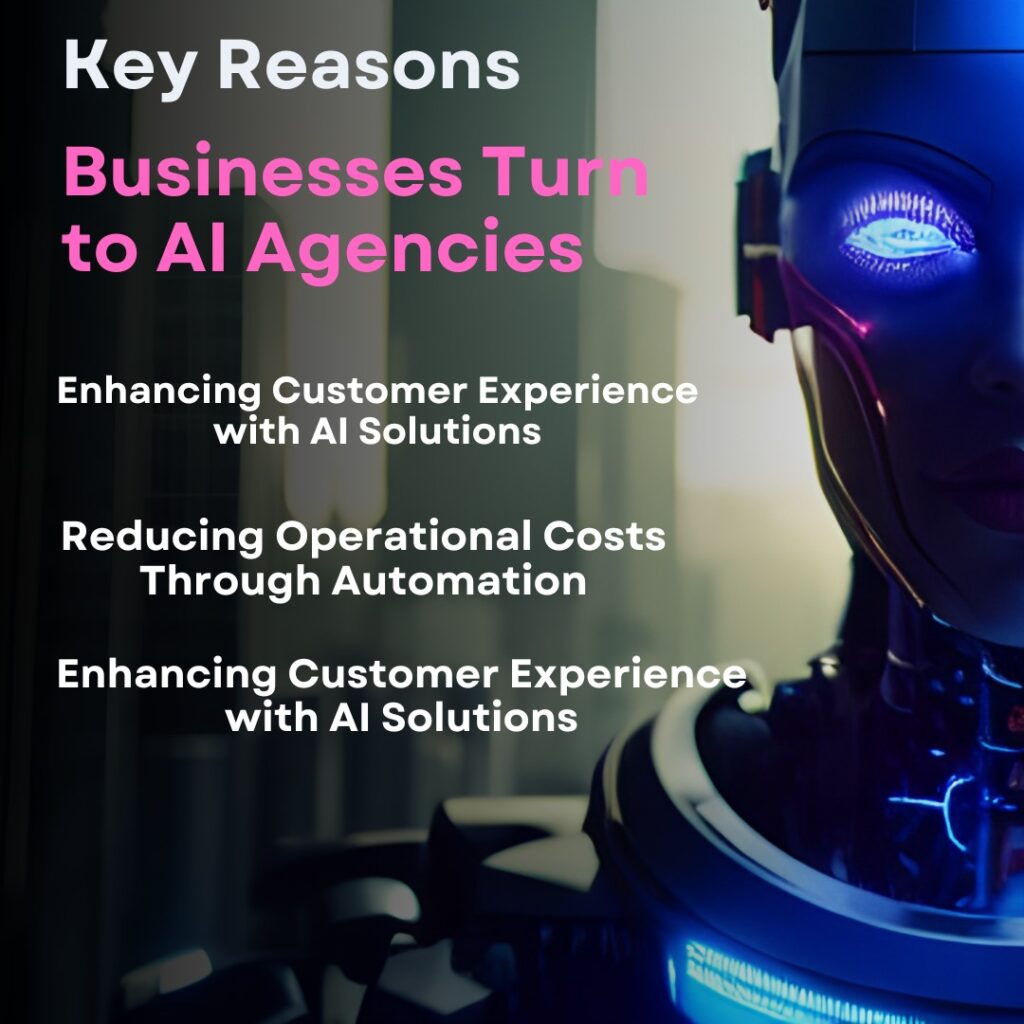
1. Reducing Operational Costs Through Automation
Manual and repetitive tasks are usually a wastage of time and money. AI firms assist their clients in implementing robotic process automation and AI-powered workflow automation to enable the following:
- data entry, document processing, and customer support automation.
- reduced labor costs and operational inefficiencies.
- minimized human errors, therefore increasing productivity.
By automating this set of very repeatable tasks, businesses free resources for other strategic pursuits.
2. Enhancing Customer Experience with AI Solutions
It would seem that contemporary customers have escalated their requirements concerning the products or services they expect from businesses. This implies that every business must learn the art of delivering the most captivating personalized experience at the quickest possible pace. AI agencies strive for companies to:
- Install AI chatbots: and virtual assistants to gain access to customer service assistance at all hours.
- Install personalized : recommendation engines that recommend products or contents specifically.
- Utilize customer insights: and sentiment analysis to enhance engagement and retention.
Experiences facilitated by artificial intelligence increase satisfaction gained from such brands and their loyalty and conversion rates.
3. Gaining Deep Insights from Data-Driven Analytics
Every day, most companies have mountains of data but fail to convert that data into useful insights.On the contrary, AI agencies deal specifically with:
- Developing predictive analytical models to forecast trends or market demand.
- Using machine learning algorithms that detect patterns of every kind in the behavior of customers.
- With natural language processing to extract insights from customer feedback, social media sentiment, and business reports.
AI-driven analytics enables organizations to make efficient, data-backed decisions that direct growth into the organization.
4. Enhancing Security with AI-Based Fraud Detection and Risk Assessment
Organizations specializing in AI assist businesses in:
- Implementing fraud detection algorithms that monitor transactions on a real-time basis;
- Deploying AI-enabled risk assessment tools to assess credit risks and financial status;
- Using behavioral biometrics and anomaly detection to deter cyber threats and unauthorized access.
Through the incorporation of AI in the field of cybersecurity, companies will be able to take proactive steps to mitigate risks and secure sensitive information.
Challenges AI Agencies Help Solve
Although AI can bring many benefits, there are hurdles such as implementation that businesses face while using AI solutions. AI agencies seek to develop customized strategies and provide expert solutions to overcome these challenges.
1. Data Overload: Making Sense of Vast Information
Companies produce vast amounts of structured and unstructured data but often do not have the means to analyze that data accurately in a time-efficient manner. AI agencies come in here by:
- Implementing advanced data processing algorithms to clean, categorize, and structure information,
- Using AI-driven analytical platforms to extract actionable insights, and
- Employing real-time data processing to enable faster and smarter decision-making.
AI-powered solutions will convert raw data into strategic assets upon which a company builds its success.
2. Lack of Expertise: Bridging the AI Knowledge Gap
Many organizations lack the particular skills needed for artificial intelligence, which include machine learning, deep learning, data science, and AI ethics. AI agencies offer:
- Consultancy and AI training programs to train teams in AI best practice.
- End-to-end AI development services from strategy formulation to deployment.
- Business-oriented custom AI solutions without the need to build any in-house expertise.
Thus, in association with AI agencies, the businesses can adapt to AI without having to unlearn.
3. Integration Issues: Ensuring Seamless AI Adoption
The integration of AI into the existing workflows along with legacy systems of many organizations remains a challenge. AI agencies assist with:
- AI integration into existing processes through customizable APIs, making it compatible with current business application development.
- The architecture of AI is designed to grow autonomously in accordance with business needs.
- Change management for companies to change from adopting an AI solution to adoption across teams.
AI, when correctly integrated with business processes, ensures that it adds value to business operations rather than detracts from them.
How to Choose the Right AI Agency
The demand for AI-based solutions is speeding up gradually, and more AI agencies are offering their expert services and solutions to businesses. Choosing the right agency among them can be an overwhelming task. The realization of your AI implementation success depends on how well the partner meets your business, industry requirements, and future plans. Following are the major tips in selecting an AI agency:
1. Expertise & Experience—Evaluating Their Track Record
All AI agencies have varying measures of competence. It is important to check for experience and demonstrated success in AI applications. Check:
- Portfolio & Case Studies: If possible, find past projects where the agency helped other businesses achieve AI-driven growth.
- Client Testimonials and Reviews: Check client feedback to know if they’re really trustworthy or if they could provide you valuable insight in case any troubleshooting might be required.
- Technical Expertise: The agency must have a complete team of specialists in AI, data scientists, and engineers in prepared form for deployment of AI models.
Certainly, an experienced AI agency should provide and demonstrate real results from the strong understanding of AI’s applications across even more diverse industries.
2. Industry Specialization: Finding an Agency That Understands Your Sector
Artificial intelligence solutions vary significantly from one business to another. A general AI agency may not understand sector-related issues and opportunities in this regard. Search for:
- Domain Expertise: Those who have proven their worth in industry experience will better communicate your pain and regulatory needs.
- Use Case Relevance: Whether or not they’ve had experience with AI implementation with applications similar to your business needs (for example, predictive analytics in finance, diagnostics powered by AI in healthcare, or automation in manufacturing).
- Compliance Knowledge: Take for granted that they understand regulations like those concerning GDPR for data privacy, in healthcare HIPAA, or for financial AI solutions SEC compliance.
Well, a much better first step in faster ROI is choosing an agency that trades in specific industries.
3. Technology Stack: Ensuring They Use Advanced AI Tools & Frameworks
The key points here are the “artificial intelligence” term.
- Assess: AI Frameworks & Tools: TensorFlow, PyTorch, OpenAI, or Scikit-learn are preferred AI frameworks.
- Cloud & Infrastructure Support:Is AI data displayed on web platforms such as AWS’ machine learning web or an AI-enabled web-based tool inside Google AI Platform what Emerj brings to the forefront of a situation?
- Scalability & Future-Proofing: The AI solution they build should be amenable to your business growth and with upcoming technology trends.
This type of advanced tech agency ensures your solutions have a competitive and scalable edge.
4. Customization & Support: Prioritizing Tailored Solutions & Ongoing Assistance
Every business is peculiar and has its requirements, so there is no blanket AI solution suitable for all people. For instance:
- Customized AI Models: Look for agencies that develop bespoke AI solutions for your individual business requirements rather than generic templates.
- Integration: The agency should seamlessly integrate with your internal workflows and systems.
- Post-Implementation Support: AI requires regular monitoring, updates, and optimizations; ensure the agency provides long-term maintenance, support, and training services.
A good AI agency will not only deploy but will stay with the client as it seeks continuous performance improvements and adaptation to new challenges.
5. Cost vs. Value: Balancing Budget & ROI
Cost is an important factor, but the cheapest option isn’t necessarily the best option. Evaluation should include:
- Transparent Pricing: The agency should have clear pricing structures without hidden costs.
- Value for Money: Evaluate the long-term benefits it brings to the organization in efficiency, revenue generation, and competitive advantage.
- Flexible Engagement Models: Some agencies may have project-based fees, retainers, or incentive-based pricing. Select the engagement model that best matches your business requirement.
The right investment in an AI agency will reap multiplied returns in the long run.
Future-Proof Your Business with AI
AI agencies remain at the cutting edge of digital transformation by enabling businesses and optimizing daily workflows. From startup to enterprise, integrating AI-powered solutions is essential for competitive advantage.
Are you ready to explore AI for your business? Stay informed with the latest AI trends and insights on Future Forge, your trusted source for artificial intelligence and digital transformation.
Key AI Solutions for Business Growth:
- Workflow Automation: seamlessly integrating AI into ERP and CRM systems to enhance business process efficiency.
- AI-Driven Decision Optimization: Utilizing advanced AI models to refine decision-making in real time, ensuring accuracy and adaptability.
- Automation Advantages: Reducing human errors, accelerating processes, and boosting overall productivity across industries.
Embrace AI-powered innovation today and future-proof your business for tomorrow.
AI-Powered Marketing
Artificial Intelligence has brought yet another revolution in marketing. There are AI agencies that offer specialized AI services in the following aspects of customer engagement:
- Customer Insight & Personalization: Analyze various customer data through AI and come up with the most targeted marketing campaigns.
- Chatbots & Virtual Assistants: Deploying AI-enabled chatbots for 24/7 customer service and improved response times.
- Content & SEO Generation: Use AI tools for SEO-based content generation and advertisement optimization for social engagement.
With the support of AI-powered marketing, businesses will improve their customers’ experience, increase conversion rates, and optimize their marketing budgets.
Key Industries Benefiting from AI Agencies
The introduction of state-of-the-art artificial intelligence solutions is redefining the industries through efficiency improvements, optimization of processes, and enhancement of decision-making capabilities. The following paragraphs will elucidate the industries that have been majorly affected by integrating artificial intelligence:
E-Commerce
E-commerce is one industry where AI has thrived. Besides enhancing customer experience and operational efficiency, intelligent systems have aided e-commerce businesses in their business:AI agencies help e-commerce businesses by implementing
- Personalized Recommendations: AI recommendations are made through deep behavioral studies that also keep track of purchase history and browsing history to suggest products that fit customer interests, thereby increasing conversion and sales.
- Automated Customer Service: AI helps businesses by employing chatbots and virtual assistants for customers who are available 24/7 to answer inquiries, assist in orders, and properly handle complaints.
- Demand Forecasting: AI models predict future demand by looking at historical sales data, seasonal sales trends, product life cycle state, and market conditions. This streamlines inventory and mitigates stock shortages or overstocking.
Health Care
With AI integration in e-commerce, customer engagement can be improved, revenue increased, and supply chain efficiency enhanced. past medical trends, AI can forecast potential disease outbreaks, predict patient deterioration, and help in preventive healthcare strategies.
- AI in Drug Discovery and Development: AI accelerates the process of drug discovery by analyzing vast datasets, identifying potential drug candidates, and predicting their effectiveness. This reduces the time and cost involved in bringing new medicines to market.
- AI-powered Virtual Assistants and Chatbots: AI-driven virtual assistants and chatbots provide 24/7 patient support, answer medical queries, schedule appointments, and offer preliminary diagnoses, improving accessibility and efficiency in healthcare services.
- Automation in Administrative Processes: AI streamlines hospital operations by automating administrative tasks such as medical coding, billing, and insurance processing, reducing human error and improving workflow efficiency.
- Personalized Treatment Plans: AI helps in creating tailored treatment plans by analyzing genetic, lifestyle, and medical history data, ensuring that patients receive the most effective therapies with minimal side effects.
- Challenges and Ethical Considerations: Despite its vast potential, AI in healthcare poses challenges such as data privacy concerns, the need for extensive regulatory oversight, and the potential for bias in AI models. Addressing these issues is crucial to ensuring responsible AI adoption in the medical field.
As AI continues to evolve, its integration into healthcare is expected to enhance patient care, improve efficiency, and contribute to groundbreaking medical advancements, making healthcare more accessible and effective for all.
Conclusion
The rise of AI agencies marks a transformative shift in the way businesses operate, innovate, and compete in the digital age. From automating routine tasks to enhancing customer engagement and optimizing decision-making, AI-driven solutions are becoming indispensable across industries such as finance, healthcare, manufacturing, and e-commerce.
By leveraging machine learning, natural language processing, and predictive analytics, AI agencies empower businesses to reduce costs, improve efficiency, and gain deep insights from data. Furthermore, AI-powered marketing, fraud detection, and personalized recommendations enhance customer experiences and drive revenue growth.
If you are ready to go a notch higher in the content creation world, immerse yourself in AI Agency, and gain new insights into your project. For insights into the latest AI tools and innovations, be sure to check out Future Forge, where we bring you the latest updates in technology, digital marketing, and creative solutions. Launch your creative journey with AI today and stay forever in the limelight!
